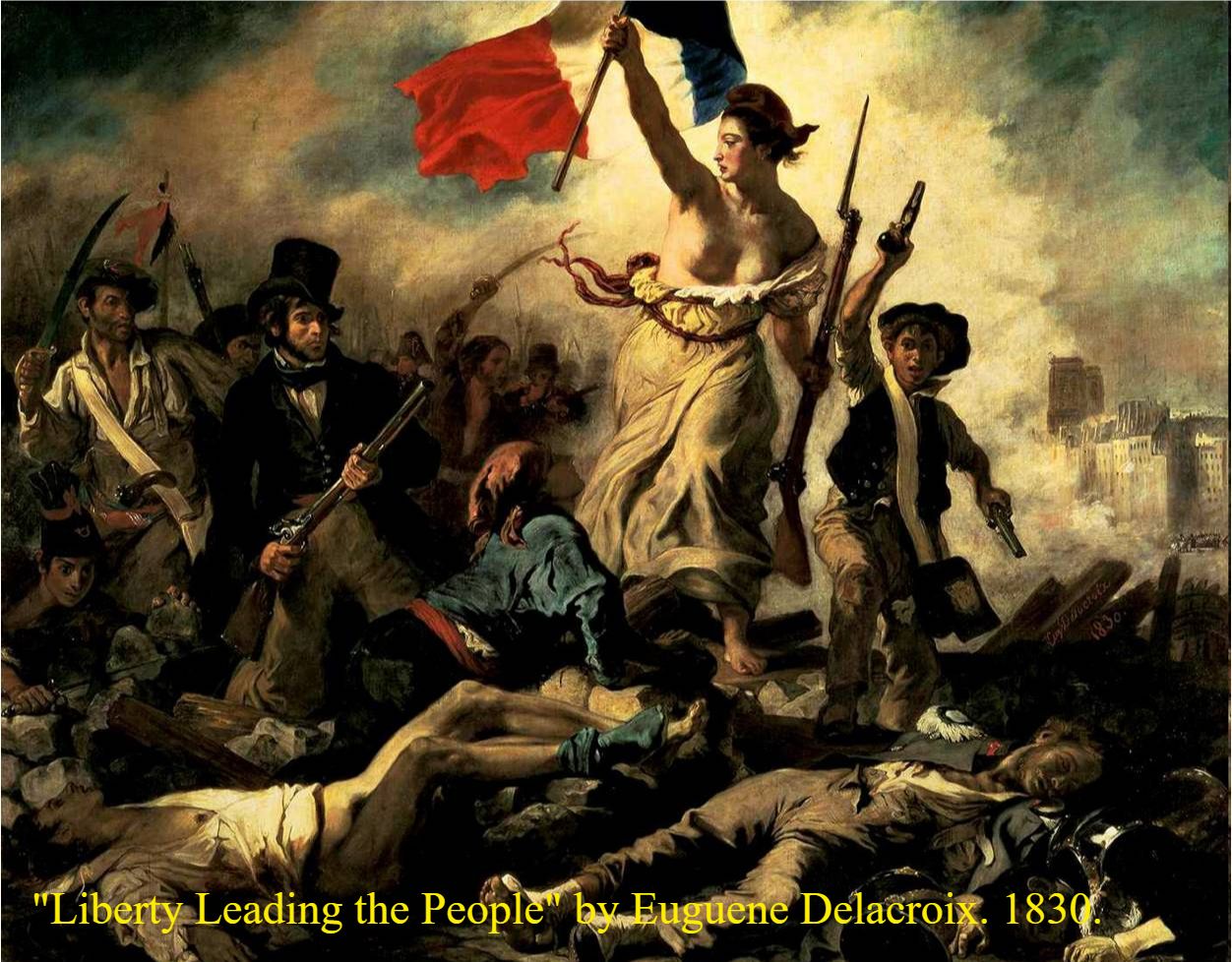The origins of the Modern West lay in the French Revolution, and the rising nationalism stimulated by it and by the conquests of Napoleon.
They lay also in the developments of the short, intense period between the Congress of Vienna and the wave of revolutions that moved across Europe in 1848. During this time and into the 1880s, the industrial revolution was also transforming Western societies, especially Britain, Germany, and the United States.
At the same time new developments in scientific thought, especially those associated with the work of Charles Darwin, led to yet another series of dramatic changes in how philosophers, politicians, and scientists perceived the world. Romanticism, idealism, and materialism well described the various conflicting, overlapping, and prevailing strands of thought by which people tried to account to themselves for their actions, to provide continuity, security, and stability amid rapid change.
The labels reaction and counterrevolution are often applied to the events of 1815-1830. By 1815 Europe was reacting strongly against the French Revolution, which had made Napoleon possible, and against the Enlightenment, which was believed to have made the Revolution possible. The reaction against the Enlightenment took the form of the romantic movement.
Romantic writers and artists protested against the rationalism and classicism of the eighteenth century and championed faith, emotion, tradition, and other values associated with the more distant past. The political counterrevolution came of age at the Congress of Vienna in 1814-1815, where the leaders of the last coalition against Napoleon reestablished the European balance of power and repudiated revolutionary principles.
Yet despite the ascendancy of counterrevolutionary forces, the spirit of 1789 did not die in 1815. It inspired new and progressively more intense outbreaks of revolution in the 1820s, in 1830, and in 1848. The revolutions of 1848, though put down, marked a critical turning point in the development of the liberalism and nationalism bequeathed by the great French Revolution.

